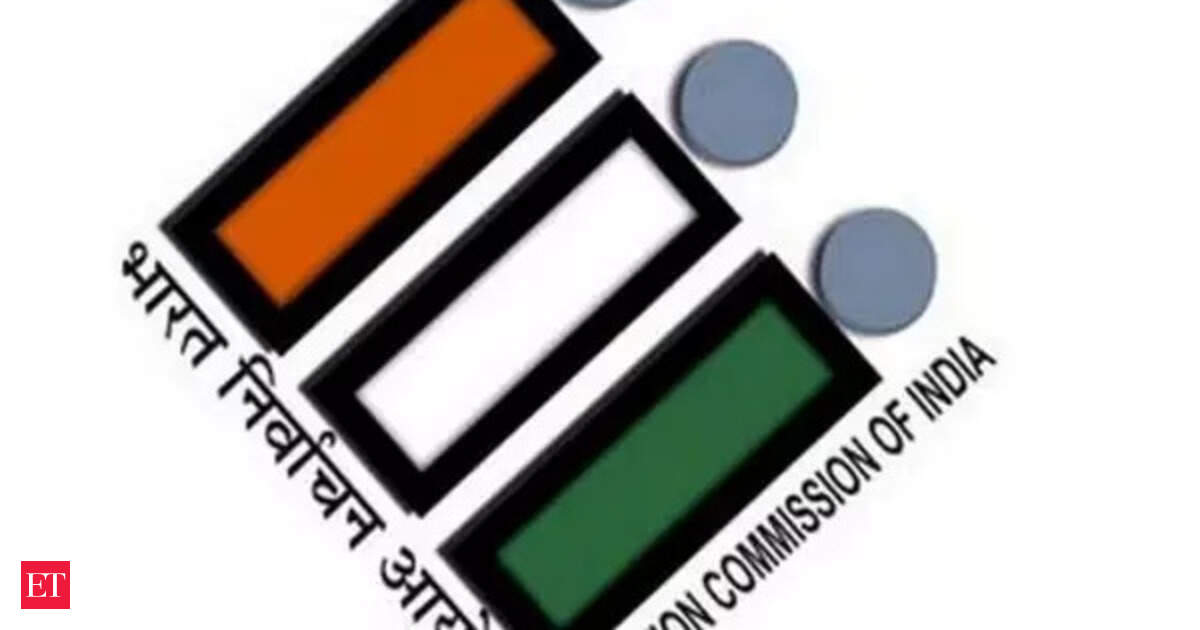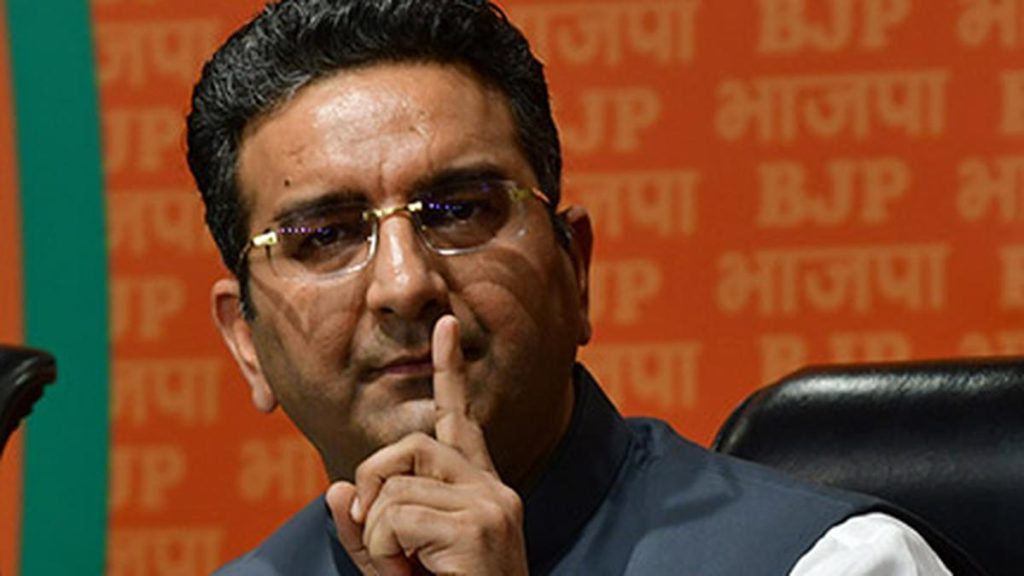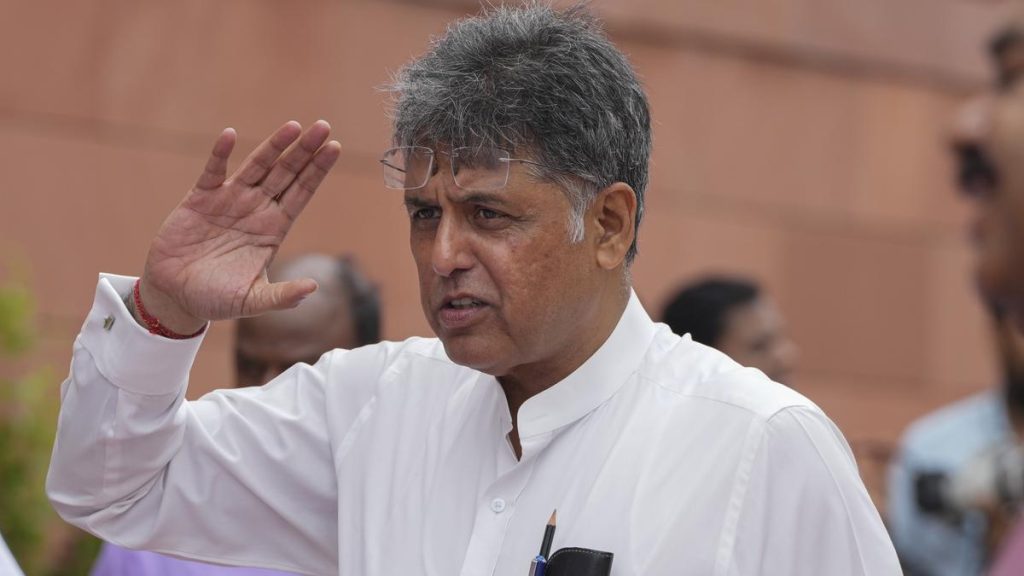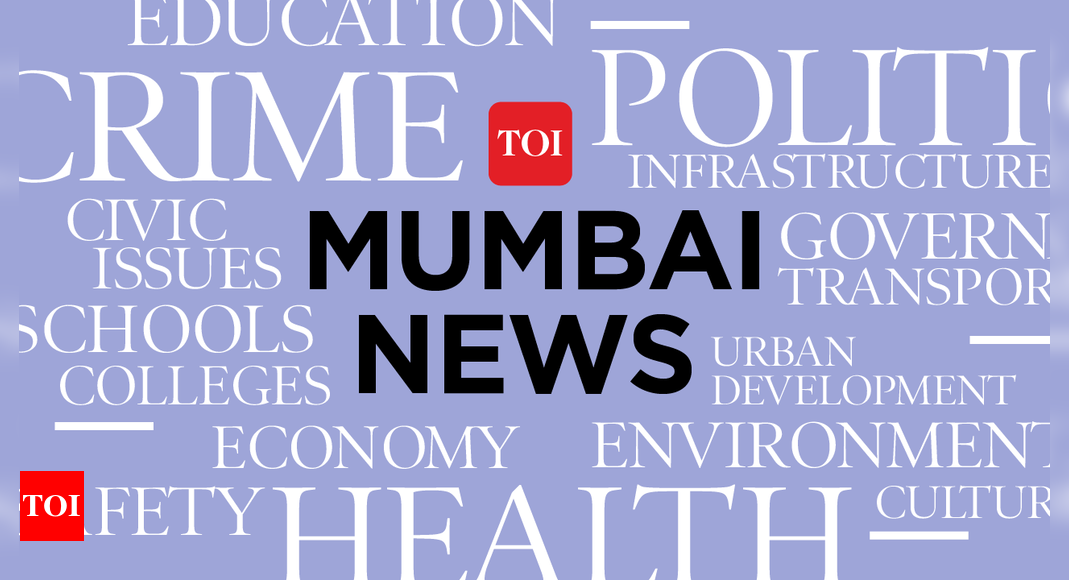Now Reading: Assam Begins Voter Roll Overhaul Under NRC Spotlight
-
01
Assam Begins Voter Roll Overhaul Under NRC Spotlight
Assam Begins Voter Roll Overhaul Under NRC Spotlight

Quick Summary
- The Election Commission of India (ECI) has initiated the Special Intensive Revision (SIR) of electoral rolls in Assam ahead of assembly polls scheduled for early next year.
- Booth-level officers (BLOs), primarily from the teaching community, were appointed and trained during summer vacation to carry out the revision process.
- Training sessions focused on guidelines for adding new voters and deleting names using documents like birth certificates, photographs, parents’ voter IDs, address proof, and death certificates.
- Assam faces a fragile demographic situation linked to its NRC-based citizenship cut-off date: March 24, 1971 (as per the Assam Accord).
- Chief Minister Himanta Biswa Sarma expressed concerns about demographic changes in certain areas and stated that voter list revisions alone cannot address these shifts due to state-specific circumstances around NRC.
- The NRC exercise conducted earlier in Assam identified over 31.1 million eligible citizens but excluded about 1.9 million individuals.
- BJP has voiced dissatisfaction with the outcomes of NRC due to exclusions like Bengalee Hindus, Koch Rajbonshis, and Buddhists based on pre-March 1971 refugee certificate refusals.
Image Source: ANI – A photo relevant to Assam polls depicting electoral activity.
Indian opinion Analysis
The Election Commission’s initiation of Special Intensive Revision reflects efforts toward ensuring updated electoral lists before important assembly elections against a backdrop marked by political sensitivity over demographics in Assam. While BLO training may improve procedural accuracy for voter additions or deletions, larger concerns persist regarding perceptions that systemic measures like NRC or voter roll revisions inadequately resolve deep-rooted issues related to immigration patterns.
Assam’s unique historical context stemming from pre-and-post-NRC debates remains significant as political parties wrestle with implications tied to regional identity and citizenship controversies under frameworks such as the Assam Accord. For stakeholders across party lines or civil society groups advocating fairness in portrayal amidst rapid demographic changes-this advancement highlights both administrative complexity and socio-political challenges ahead.



























